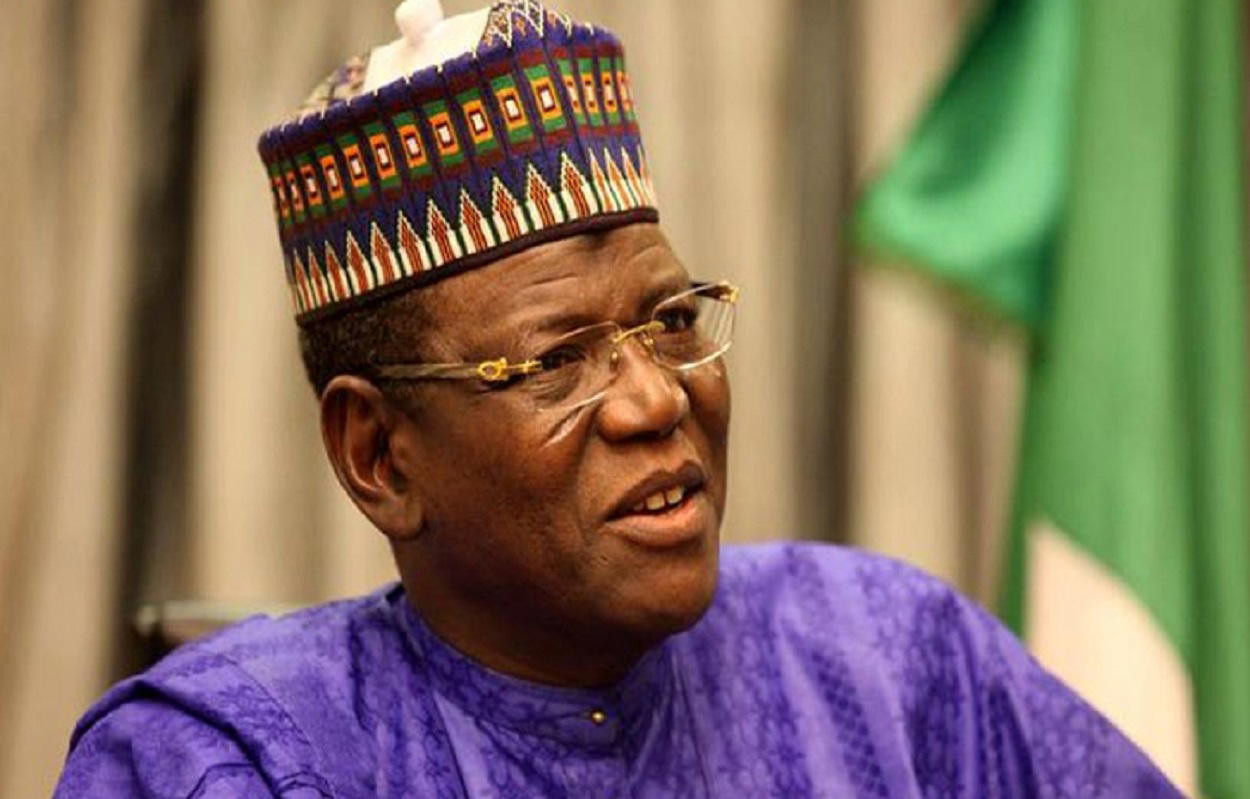The official start of fall is just around the corner, and it comes with shorter days and longer nights. On Sunday, Nov. 3, we will once again say goodbye to daylight saving time and welcome the return to standard time.
Daylight saving time began in the U.S. on March 10, and while there have been attempts in Congress to make the time change permanent, no such measure has been passed, and as a result, we will be rolling clocks back in the next few months.
Here's what to know.
Under federal law, daylight saving time begins on the second Sunday in March, and runs through the first Sunday of November in most of the United States. This year, that date falls on Sunday, Nov. 3, with clocks rolling back one hour at 2 a.m. that morning. In 2025, daylight saving time will resume on March 9, with clocks springing forward.
Daylight saving time is a changing of the clocks that typically begins in spring and ends in fall in what is often referred to as "spring forward" and "fall back." Under the conditions of the Energy Policy Act of 2005, daylight saving time starts on the second Sunday in March and ends on the first Sunday in November. On those days, clocks either shift forward or backward one hour.
But it wasn't always that way. Clocks used to spring ahead on the first Sunday in April and remained that way until the final Sunday in October, but a change was put in place in part to allow children to trick-or-treat in more daylight.
In the United States, daylight saving time lasts for a total of 34 weeks, running from early-to-mid March to the beginning of November in states that observe it.
Some people like to credit Benjamin Franklin as the inventor of daylight saving time when he wrote in a 1784 essay about saving candles and saying, "Early to bed, early to rise makes a man healthy, wealthy and wise." But that was meant more as satire than a serious consideration.
Germany was the first to adopt daylight saving time on May 1, 1916, during World War I as a way to conserve fuel. The rest of Europe followed soon after. The United States didn't adopt daylight saving time until March 19, 1918. It was unpopular and abolished after World War I.
Daylight saving time didn't become standard in the US until the passage of the Uniform Time Act of 1966, which mandated standard time across the country within established time zones. It stated that clocks would advance one hour at 2 a.m. on the last Sunday in April and turn back one hour at 2 a.m. on the last Sunday in October.
States could still exempt themselves from daylight saving time, as long as the entire state did so. In the 1970s, due to the 1973 oil embargo, Congress enacted a trial period of year-round daylight saving time from January 1974 to April 1975 in order to conserve energy.
Nearly every U.S. state observes daylight saving time, with the exceptions of Arizona (although some Native American tribes do observe DST in their territories) and Hawaii. U.S. territories, including Puerto Rico, American Samoa, Guam and the U.S. Virgin Islands, do not observe daylight saving time.
According to the website Time and Date, standard time is the local time in a country or region when daylight saving time is not in use. "More than 60% of the countries in the world use standard time all year," the site says. "The remaining countries use DST during the summer months, generally setting clocks forward one hour from standard time."
Health Concerns and Opposition
According to the AASM, it's standard time that more closely matches our body's internal clock. "The daily cycle of natural light and darkness is the most powerful timing cue to synchronize our body’s internal clock," the Illinois-based organization says. "When we receive more light in the morning and darkness in the evening, our bodies and nature are better aligned, making it easier to wake up for our daily activities and easier to fall asleep at night. Daylight saving time disrupts our internal clock, leading to sleep loss and poor sleep quality, which in turn lead to negative health consequences."
The American Academy of Sleep Medicine has been for years calling for a permanent switch to standard time, saying "there is ample evidence of the negative, short-term consequences of seasonal time changes." The AASM cautioned that "making daylight saving time permanent overlooks potential health risks that can be avoided by establishing permanent standard time instead." "Current evidence best supports the adoption of year-round standard time, which aligns best with human circadian biology and provides distinct benefits for public health and safety," the group said in a statement.
States Pushing for Permanent Daylight Saving Time
While the federal government hasn't moved to make daylight saving time permanent, a growing number of states are taking matters into their own hands. Lawmakers in at least 30 states have or are considering legislation related to daylight savings time so far this year, according to the National Conference of State Legislatures.
States are not currently allowed to make daylight saving time permanent under the federal Uniform Time Act passed in 1966, but 19 states have passed legislation or resolutions that would do so if the federal law was ever amended and, in some cases, if the states around them also make the change. Those states include Colorado, Minnesota, Mississippi, Utah, Wyoming and South Carolina. Other states have similar laws pending in state legislatures this year, including Iowa, Illinois, Nebraska and New Jersey. Some states have opposing legislation currently under consideration—SB 1200 in Oklahoma, for example, would make daylight saving time permanent while SB 69 would establish standard time in the state.
Permanent Daylight Saving Time - A Growing Movement
Only two states—Arizona and Hawaii—have successfully passed laws at the state level to stop observing daylight saving time altogether. Puerto Rico, Guam and the Virgin Islands also observe permanent standard time. Other states have said they’d like to do so, but either with caveats that would require neighboring states to do the same (including Georgia, Idaho and Tennessee) or in legislation that has not yet passed (including Alaska, Kentucky, New York and Washington).
Daylight Saving Time: A Perpetual Debate
Proponents of daylight saving time argue increasing the number of sunshine-filled post-work hours is something most Americans appreciate, it increases quality of life and can reduce energy usage in the evening hours. Opponents, however, say it does more harm than good. The act of "springing forward," or changing the clocks in March, is associated with health risks like increased heart problems, mood disorders and car crashes, the American Medical Association says, adding that some people never adjust to daylight saving time.
The debate over daylight saving time continues, with proponents and opponents each citing their own set of reasons. While some argue for its benefits, others highlight its potential negative effects on health and safety. The ultimate outcome of the debate remains to be seen. Will we continue to switch back and forth, or will one form of time eventually prevail? The clock is ticking, but only time will tell.

















